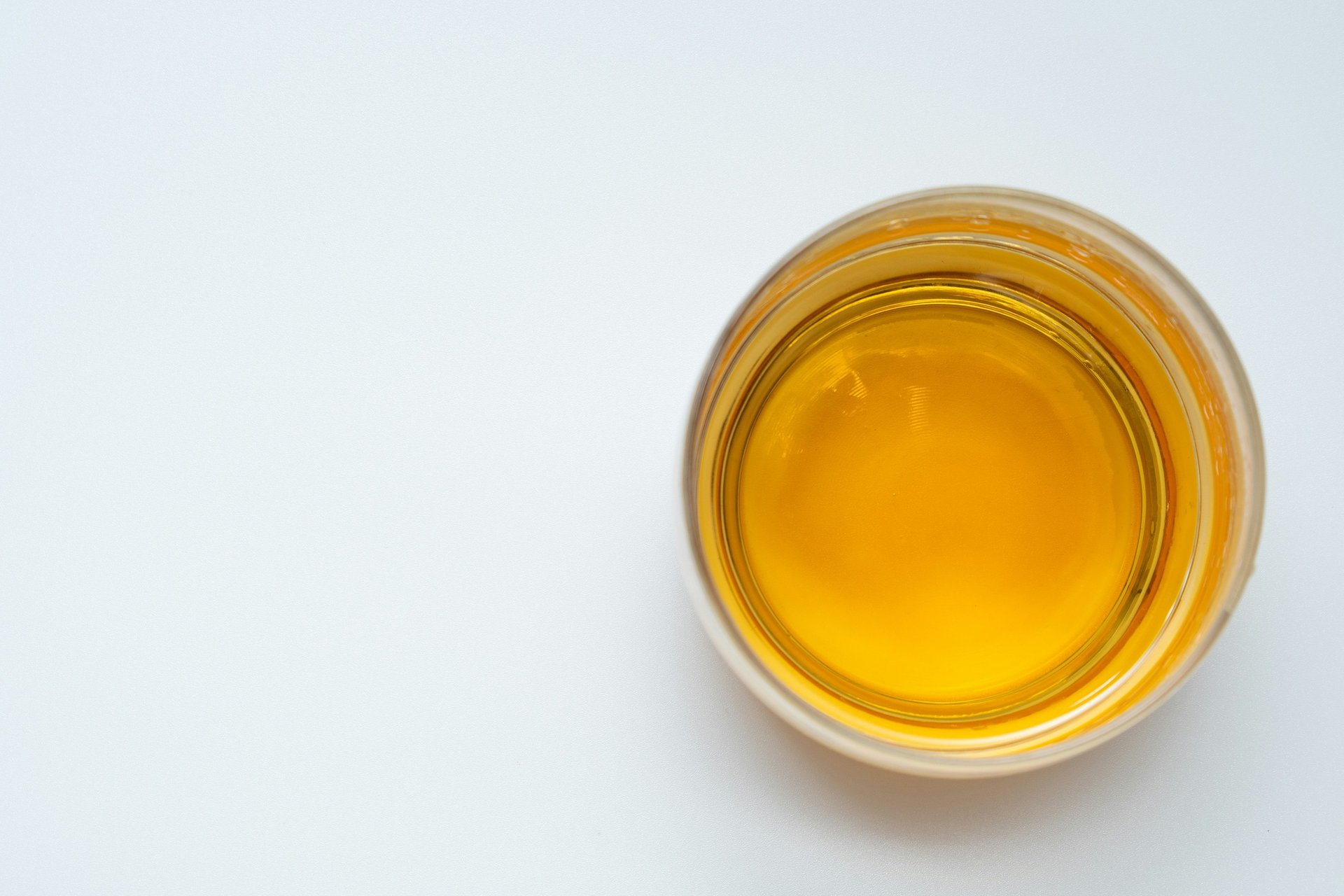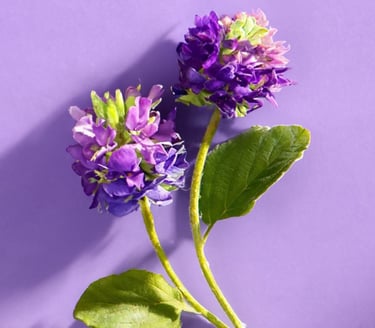
Bakuchiol - The Natural Retinol Alternative Transforming Skincare
2 min read
In the ever-evolving world of skincare, the quest for effective yet gentle anti-aging solutions has led to the discovery of bakuchiol, a plant-derived compound gaining acclaim as a natural alternative to retinol. But what exactly is bakuchiol, and how does it compare to the well-established benefits of retinol? Let's delve into the science behind this intriguing ingredient.
What is Bakuchiol?
Bakuchiol is a meroterpene phenol extracted from the seeds and leaves of the Psoralea corylifolia plant, commonly known as babchi. Traditionally used in Ayurvedic and Chinese medicine, bakuchiol has recently garnered attention in dermatology for its potential skin benefits.
Bakuchiol vs. Retinol
Retinol, a derivative of vitamin A, has long been the gold standard in anti-aging skincare. It promotes collagen production, accelerates cell turnover, and reduces the appearance of fine lines and wrinkles. However, retinol can cause side effects such as dryness, irritation, and increased sun sensitivity, making it unsuitable for some individuals, especially those with sensitive skin.
Bakuchiol offers a compelling alternative. Despite having no structural resemblance to retinoids, bakuchiol functions similarly by modulating retinoic acid receptor genes, thereby promoting collagen synthesis and enhancing skin elasticity. Notably, it achieves these effects with a lower risk of irritation. A study published in the British Journal of Dermatology found that bakuchiol is comparable to retinol in its ability to improve signs of skin aging, including wrinkles and hyperpigmentation, but with fewer adverse effects
Scientific Evidence Supporting Bakuchiol
A systematic review in PubMed analyzed various studies on bakuchiol's dermatological applications. The review highlighted bakuchiol's anti-aging, anti-inflammatory, and antibacterial properties. Clinical studies demonstrated significant reductions in photodamage, hyperpigmentation, and wrinkle severity with bakuchiol use. Additionally, in vitro studies suggested potential applications in conditions like psoriasis and pigmentary disorders due to bakuchiol's ability to normalize keratinocyte activity and inhibit melanogenesis [https://pubmed.ncbi.nlm.nih.gov/36176207/].
Further research published in the International Journal of Cosmetic Science explored bakuchiol's multidirectional activity against facial aging mechanisms. The study found that bakuchiol exhibits high antioxidative efficacy, reduces inflammatory markers, and increases the expression of extracellular matrix components such as collagen and fibronectin. These findings underscore bakuchiol's potential as a holistic anti-aging treatment [https://pmc.ncbi.nlm.nih.gov/articles/PMC9328396/].
Benefits of Bakuchiol in Skincare
Anti-Aging Properties. By stimulating collagen production and enhancing cell turnover, bakuchiol helps reduce the appearance of fine lines and wrinkles, leading to smoother, more youthful skin.
Antioxidant Activity. Bakuchiol's potent antioxidant properties protect the skin from oxidative stress caused by free radicals, which are implicated in premature aging.
Anti-Inflammatory Effects. Its ability to reduce inflammation makes bakuchiol beneficial for calming sensitive or irritated skin.
Antibacterial Benefits. Bakuchiol's antibacterial properties can help manage acne by reducing bacterial proliferation on the skin.
Skin Tone Improvement. Regular use of bakuchiol has been associated with a reduction in hyperpigmentation and an overall more even skin tone.
Incorporating Bakuchiol into Your Skincare Routine
Bakuchiol is typically found in serums and moisturizers. It is generally well-tolerated and can be used both morning and night. Unlike retinol, bakuchiol does not increase sun sensitivity, making it suitable for daytime use. However, it's always advisable to apply sunscreen during the day to protect the skin from UV damage.
Bakuchiol emerges as a promising natural alternative to retinol, offering comparable anti-aging benefits with a reduced risk of irritation. Its multifaceted properties, including antioxidant, anti-inflammatory, and antibacterial effects, make it a versatile addition to skincare formulations. As always, it's essential to consult with a dermatologist to determine the most appropriate skincare ingredients for your individual needs.

